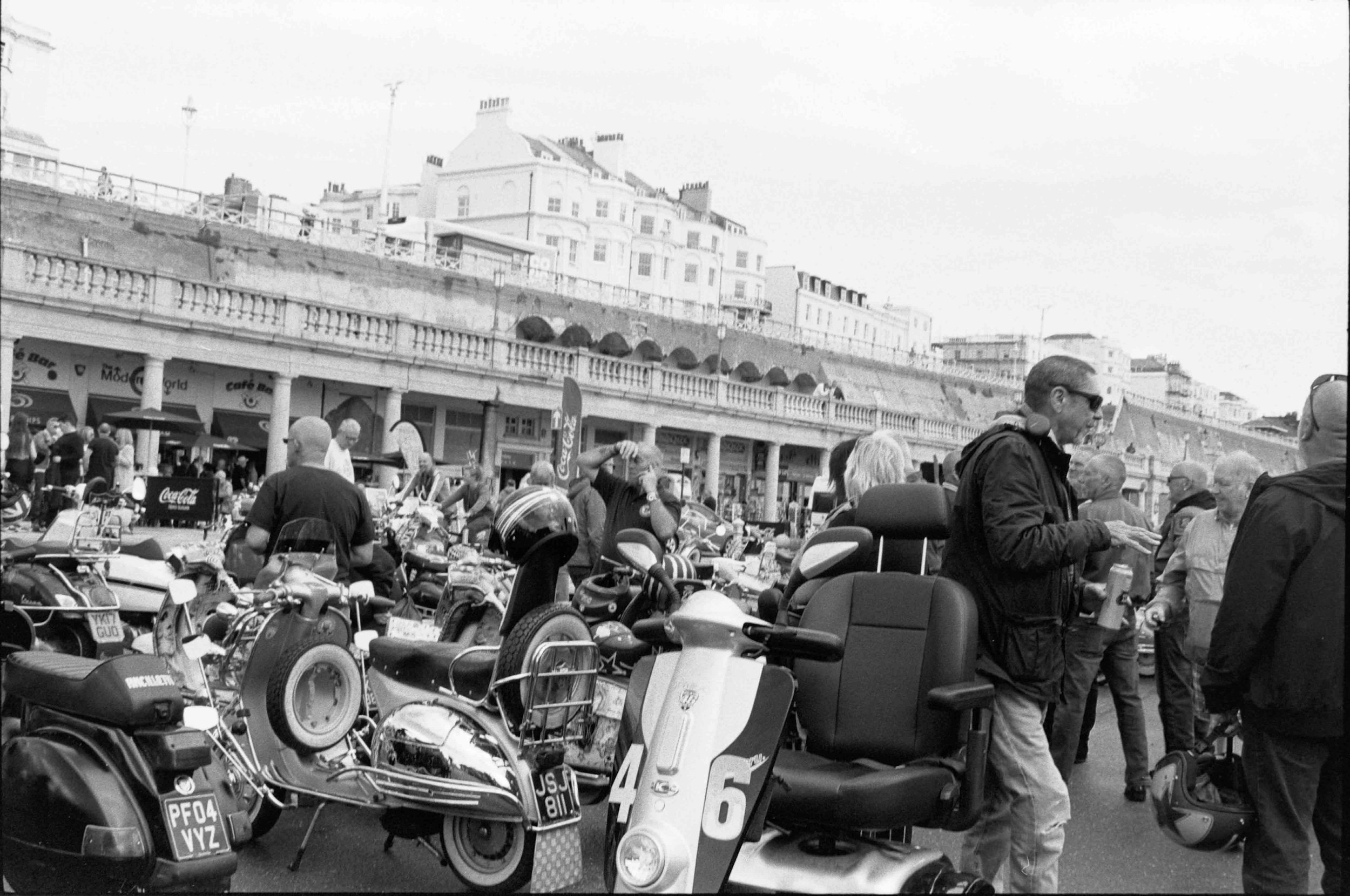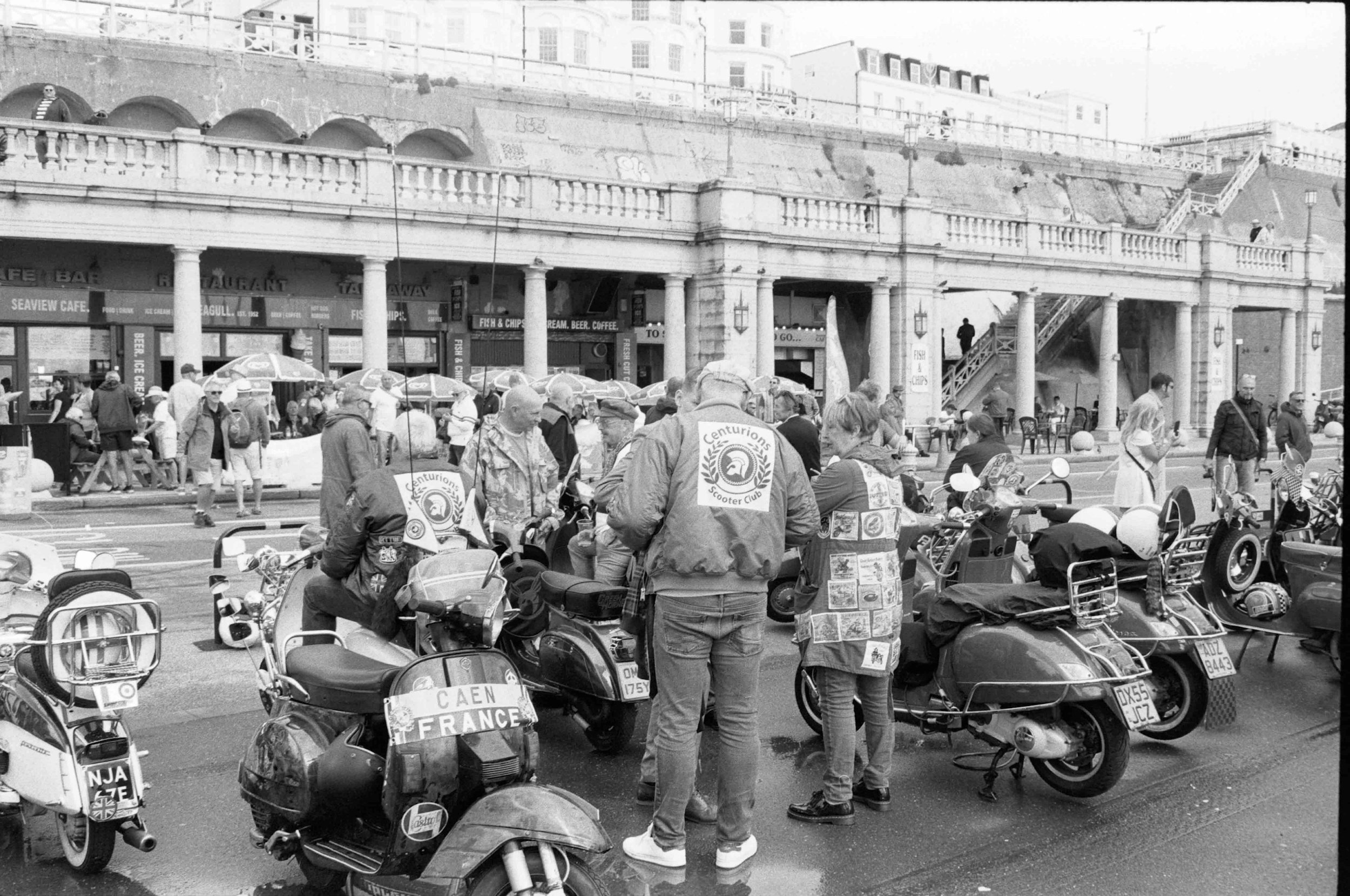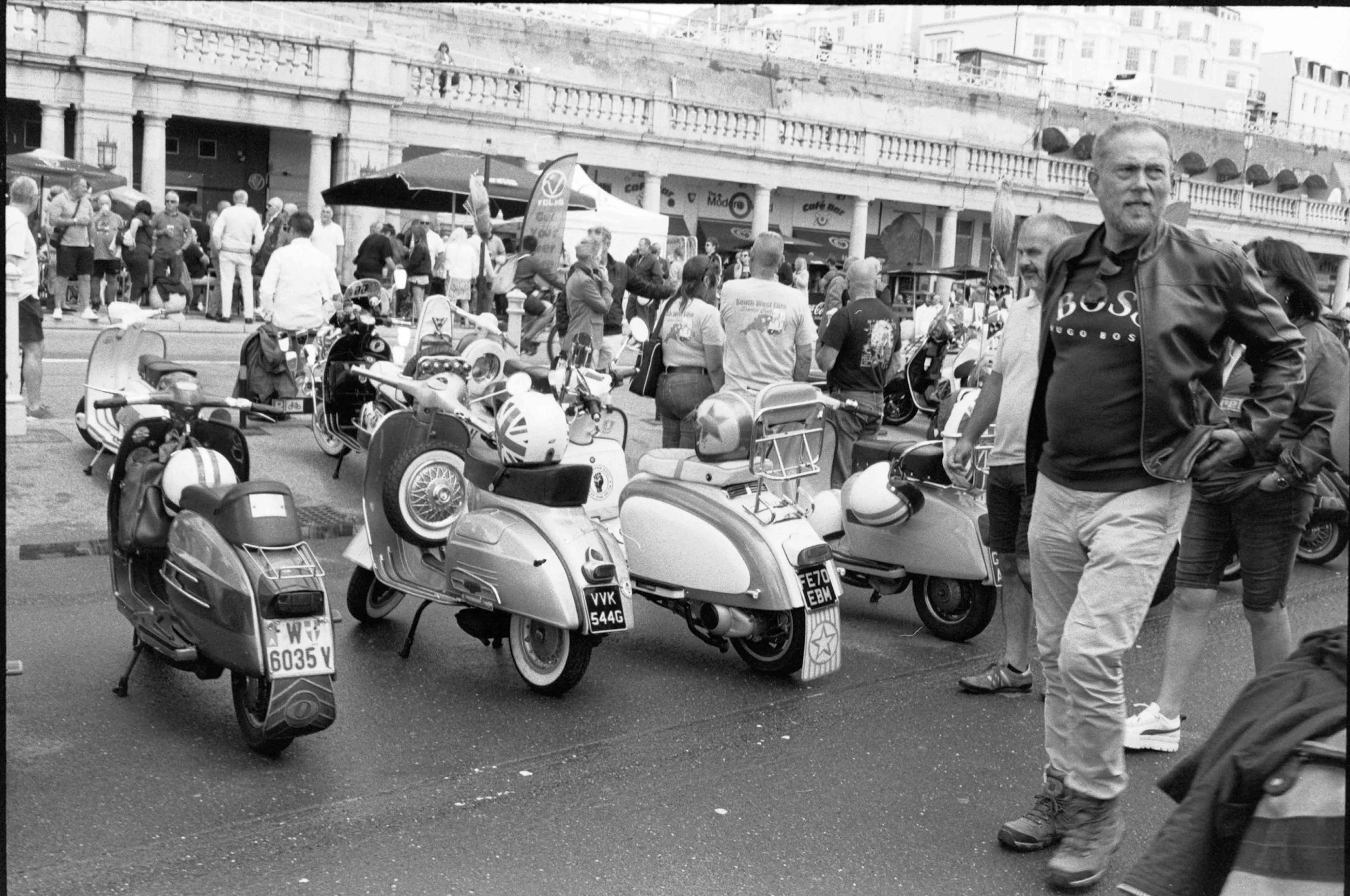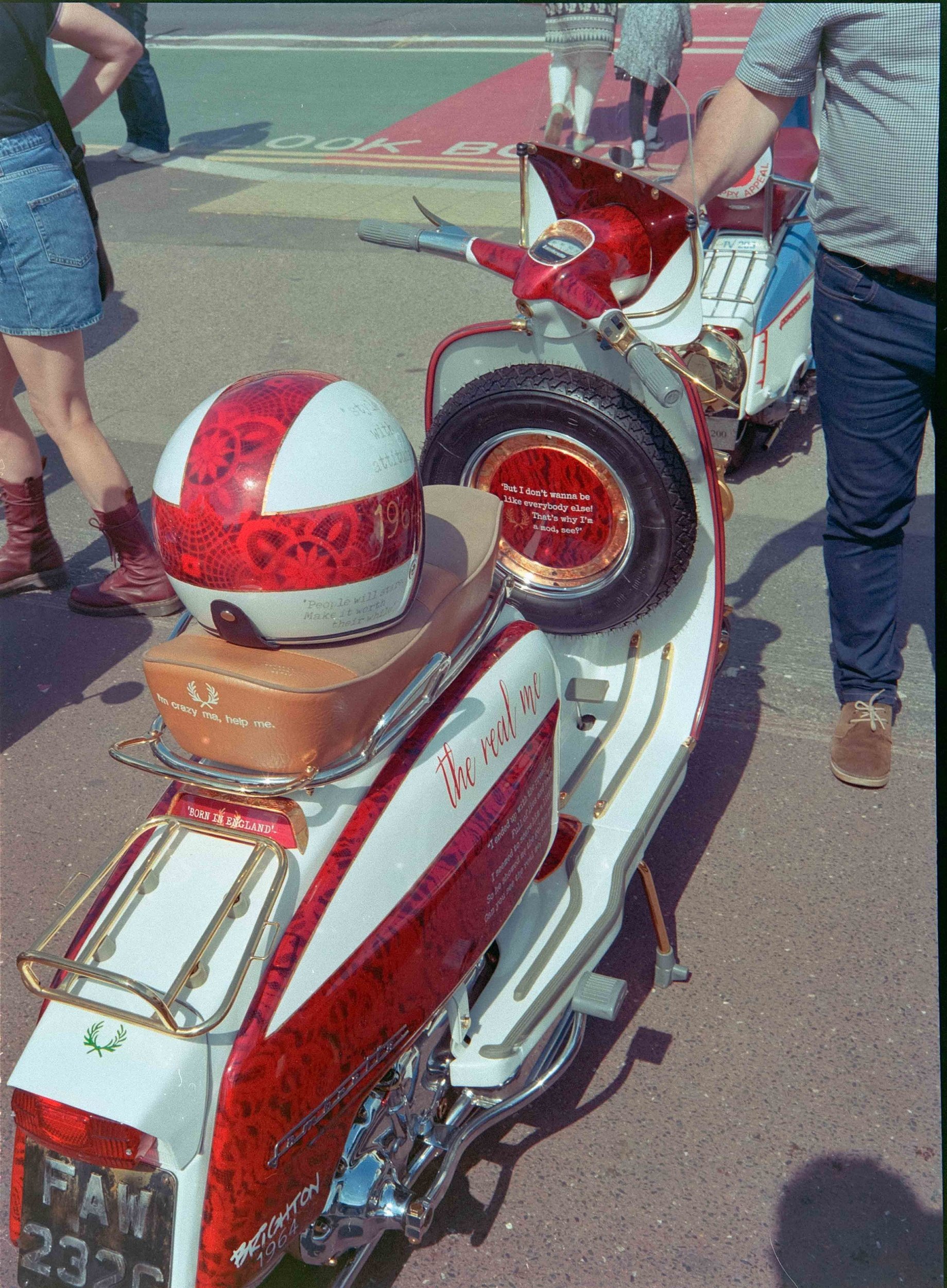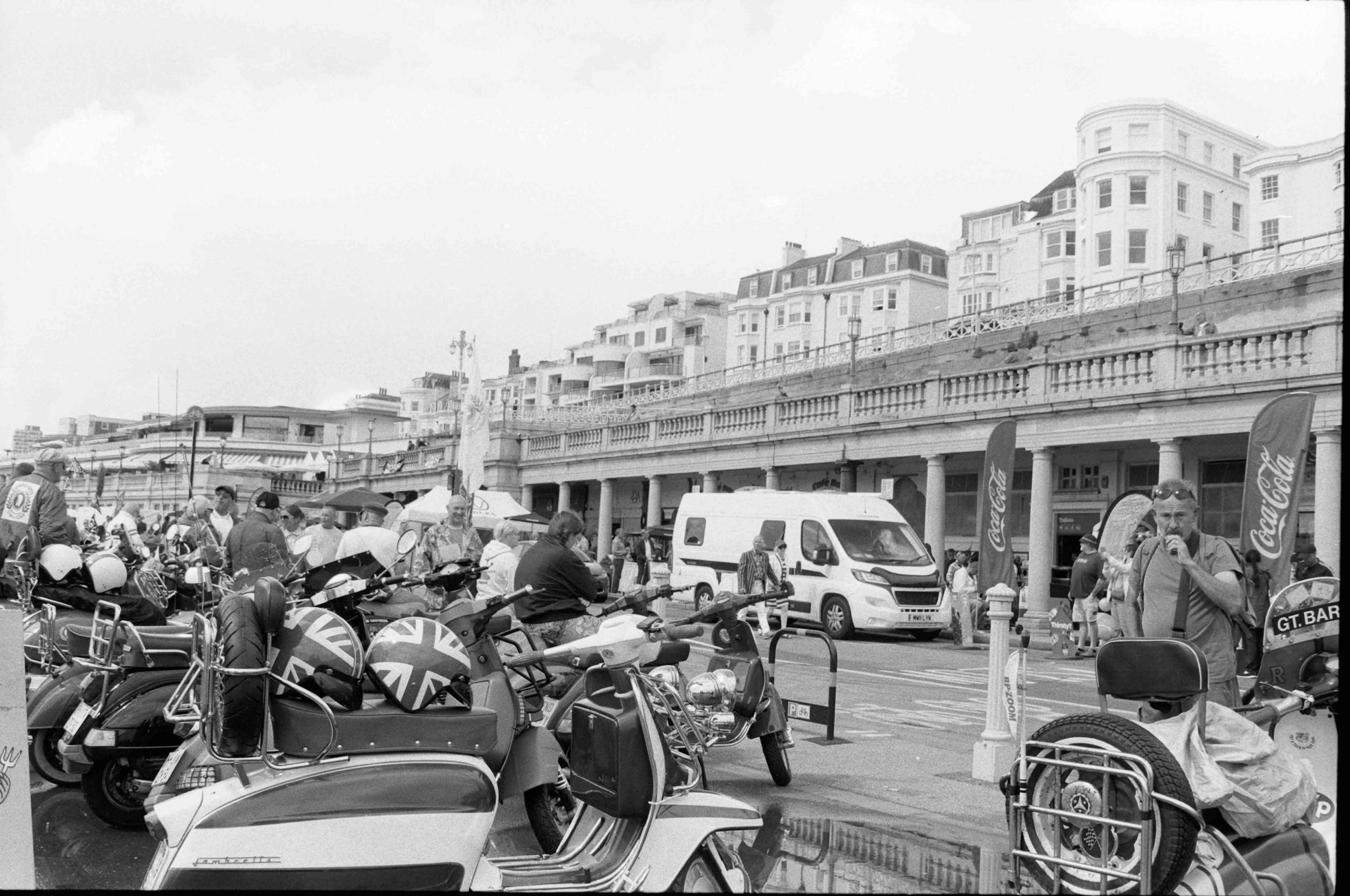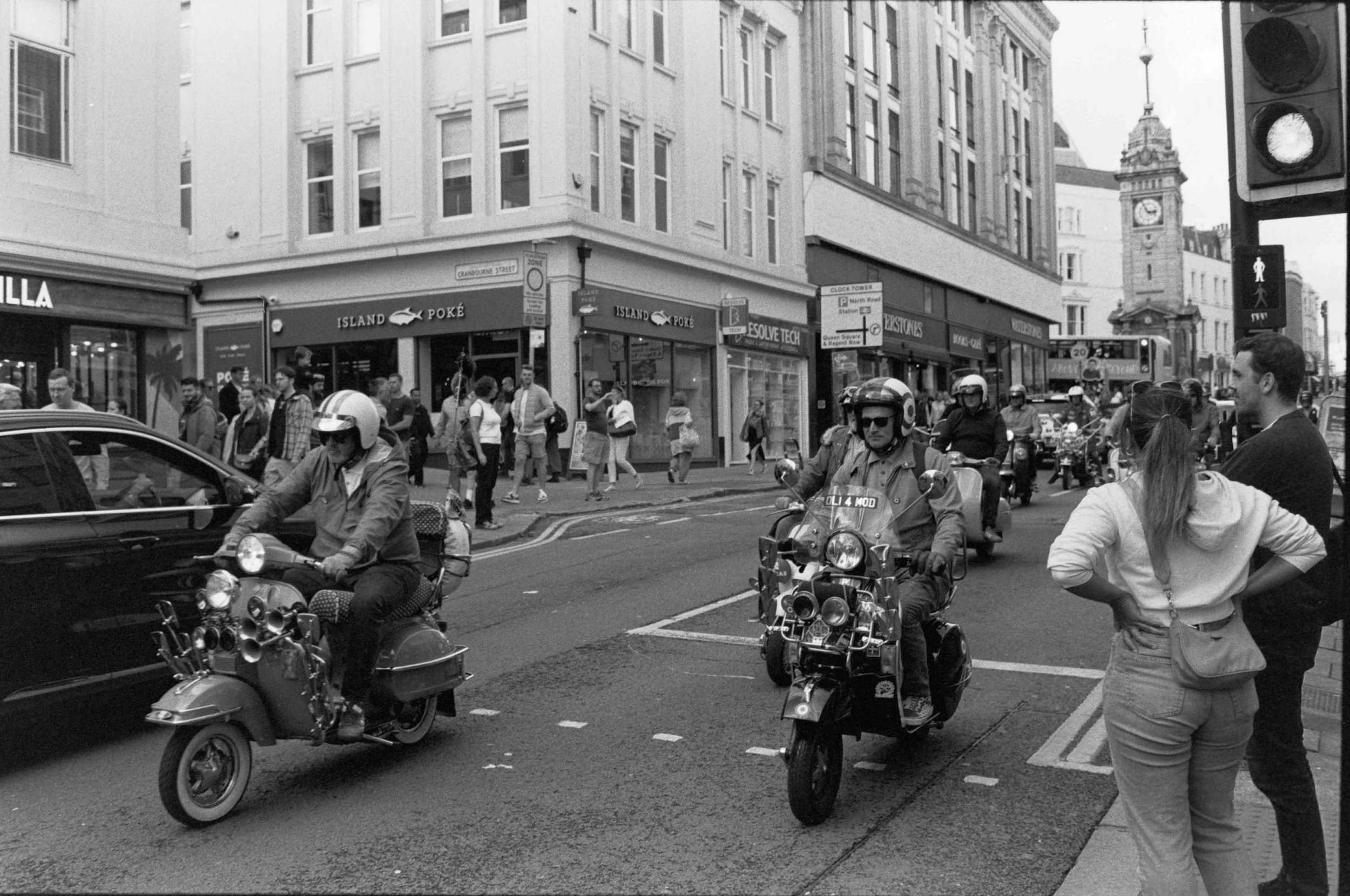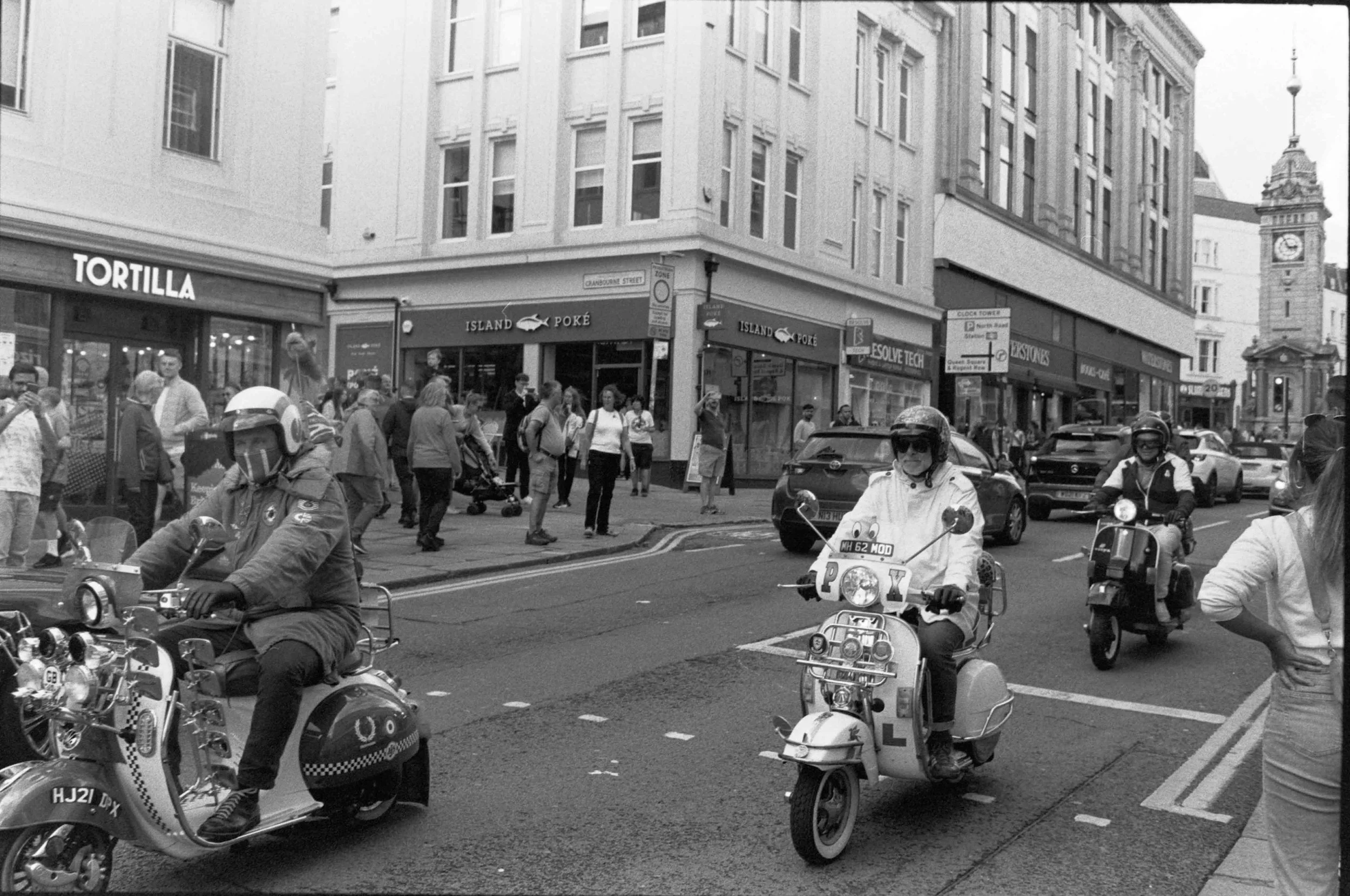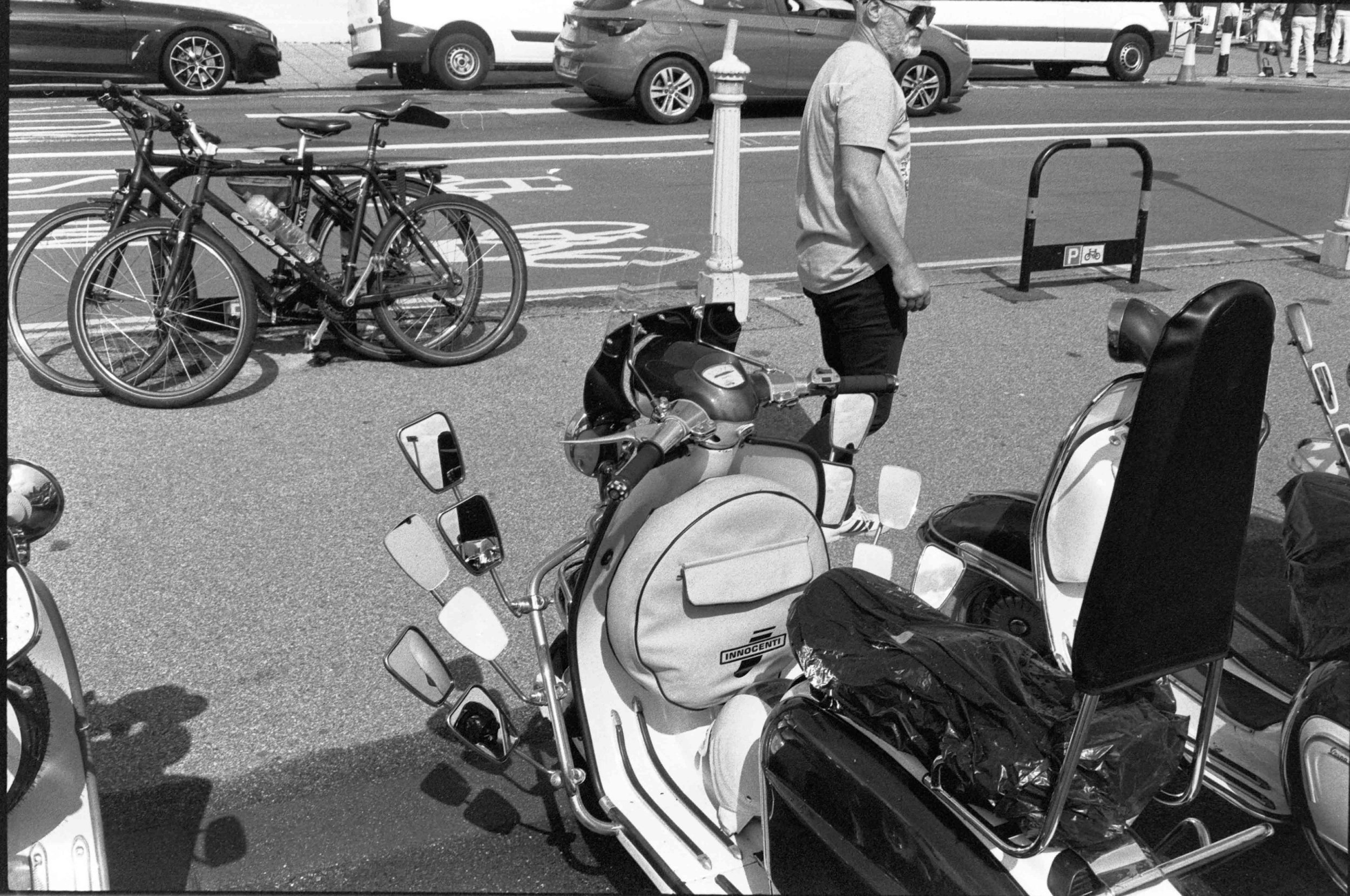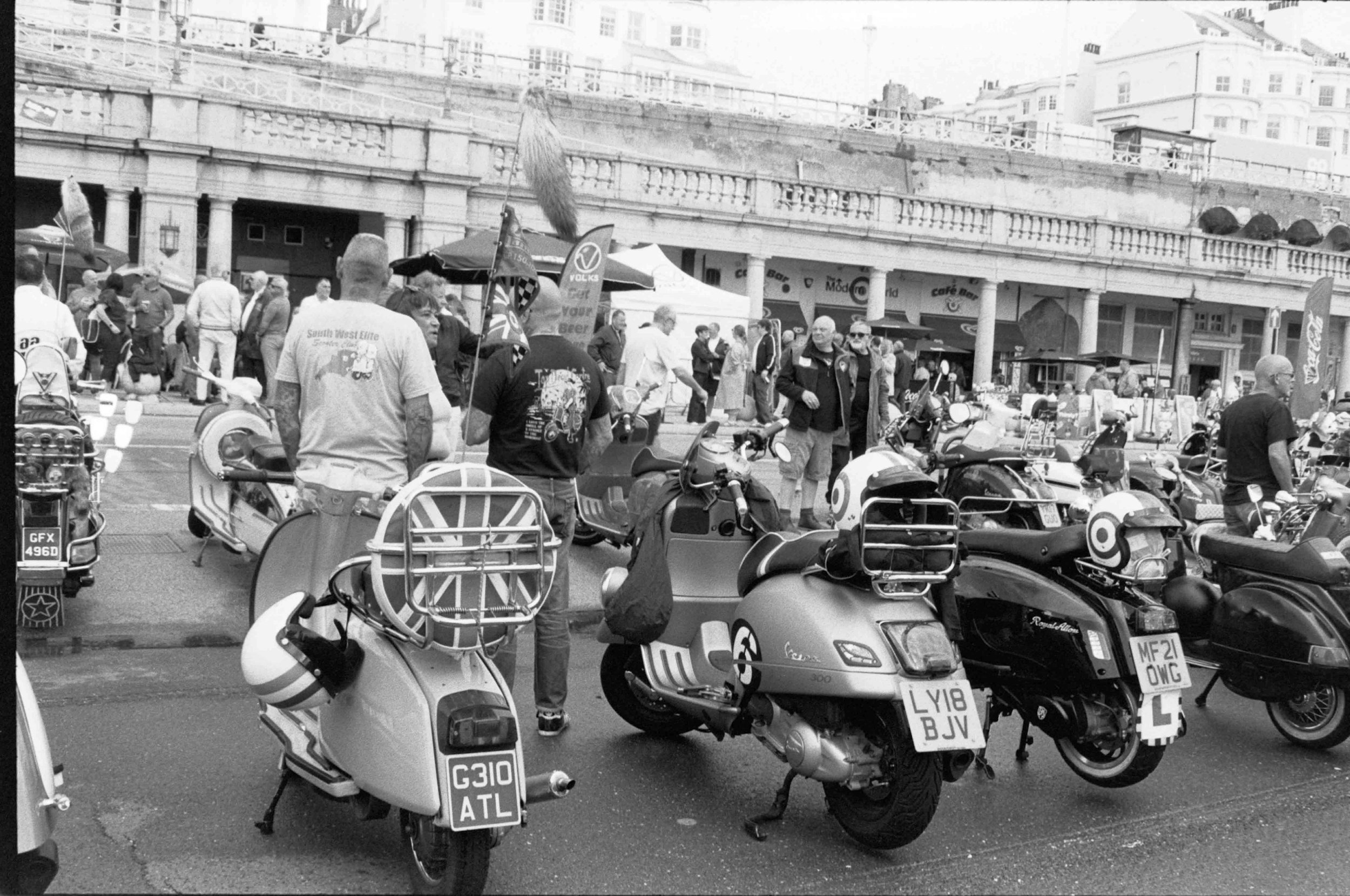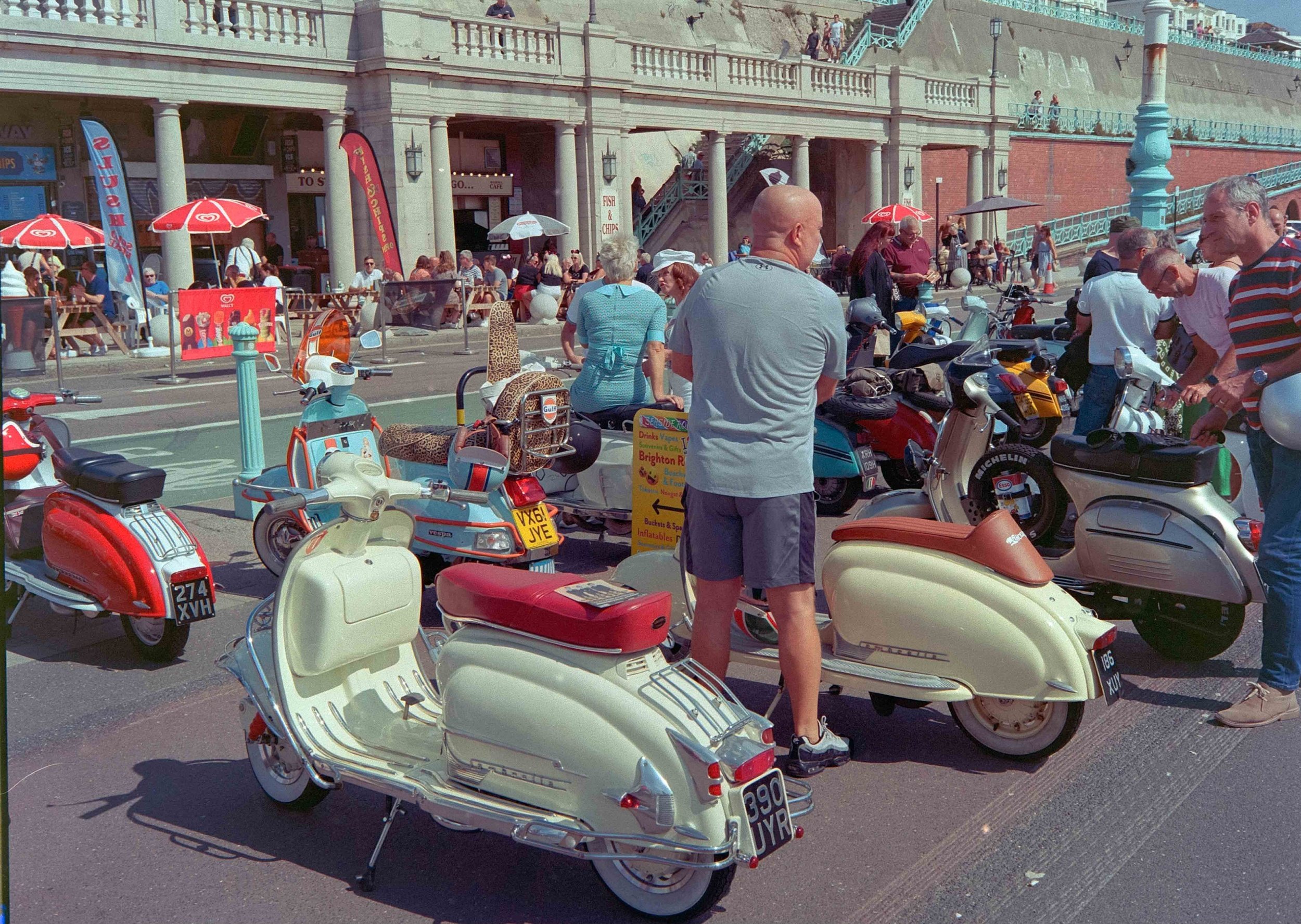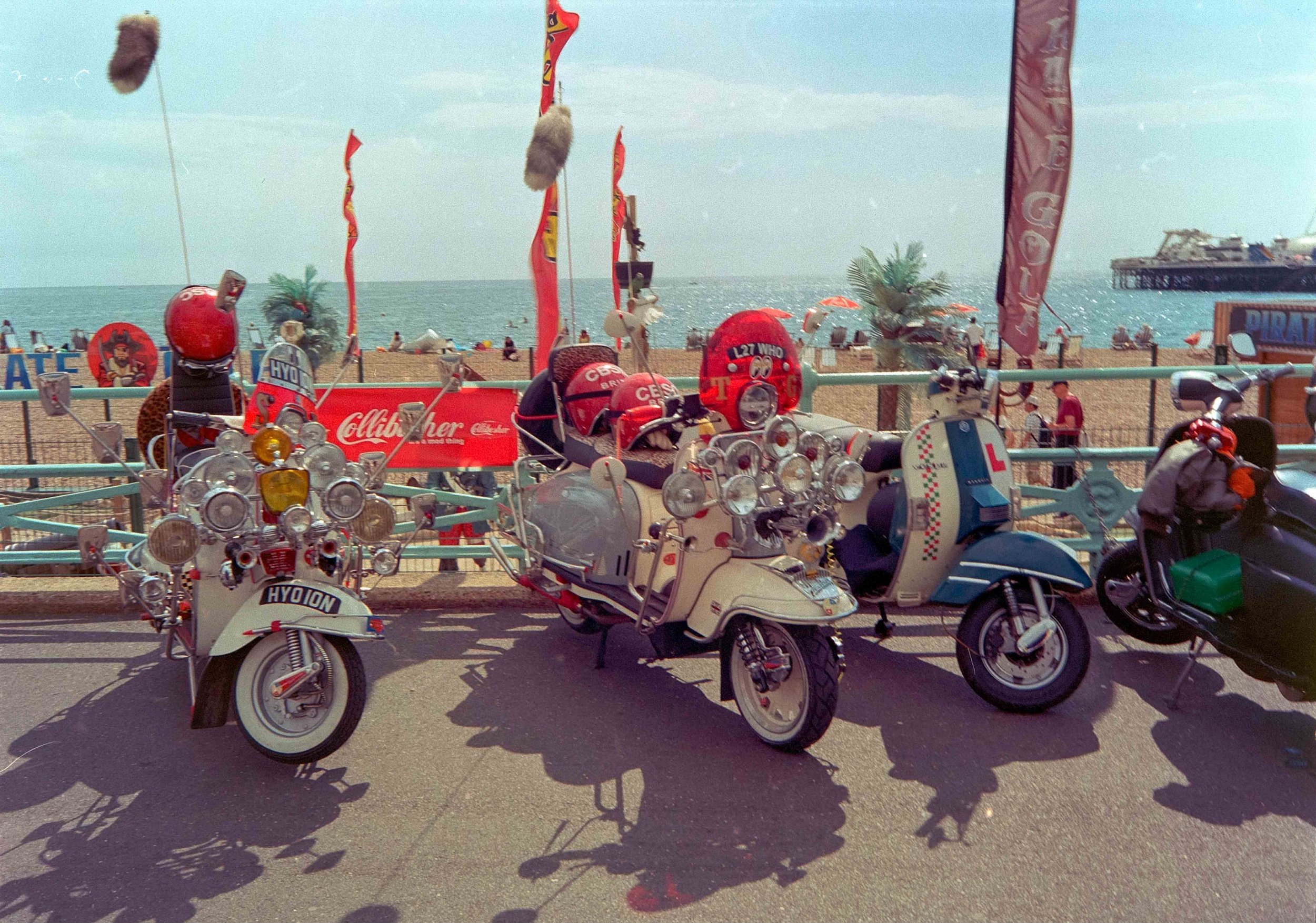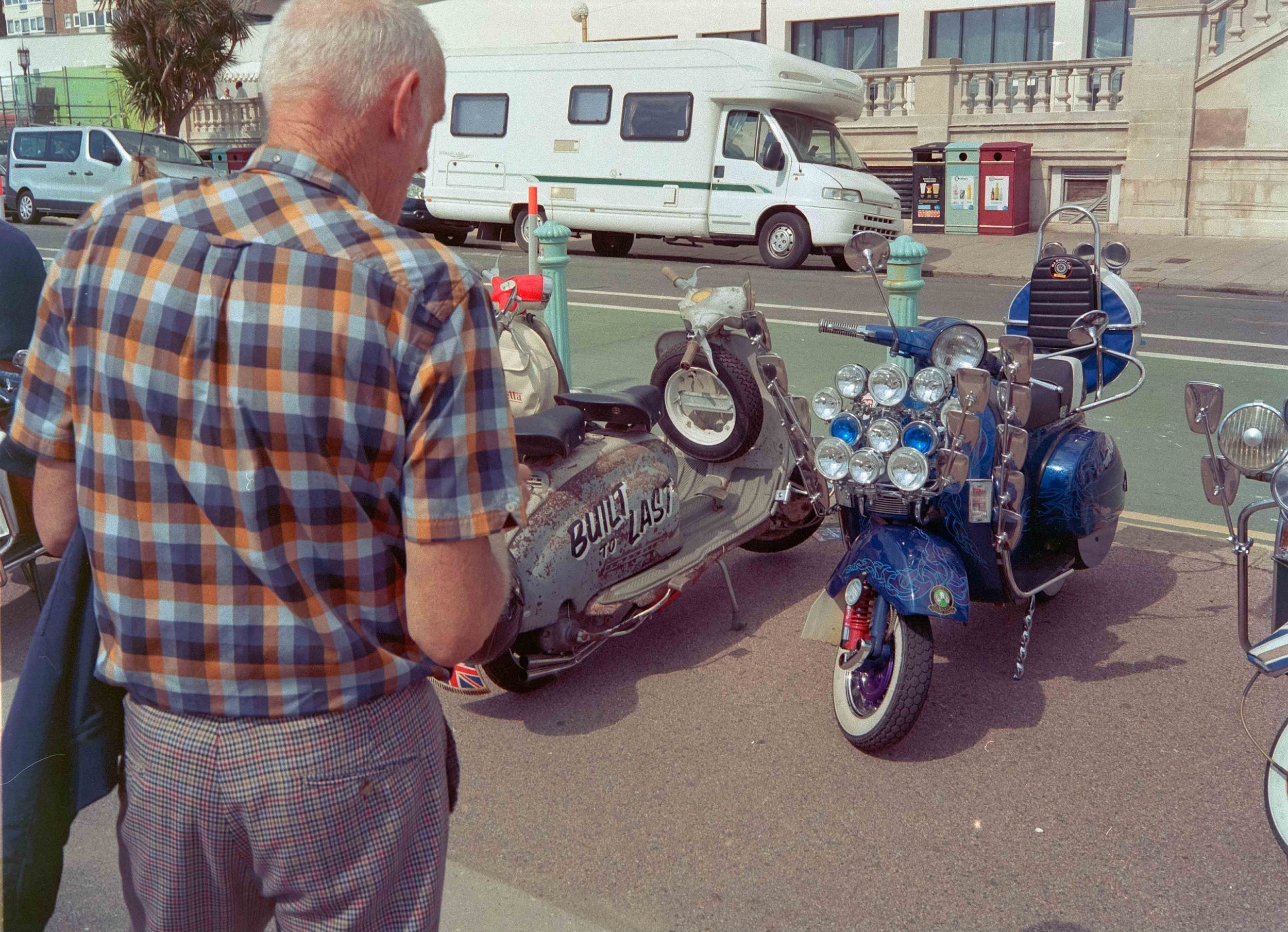The Brighton Mod Weekender is an iconic event that has left an indelible mark on British subculture. With its roots firmly planted in the 1960s, this weekend-long celebration of music, fashion, and scooters has become a timeless tradition. In this blog post, we'll take a journey through the history of the Brighton Mod Weekender, tracing its origins, its cultural significance, and its enduring appeal.
I have magical memories of mods and mod culture, when I was a lad growing up in 1980s midlands. A Vespa PX125, was my dream machine.
This was compounded further after watching Quadrophenia.
The Birth of the Mods
To understand the Brighton Mod Weekender, we must first delve into the world of the Mods. Emerging in the early 1960s in the United Kingdom, Mods were a youth subculture known for their sharp fashion sense, love of American R&B and soul music, and a passion for Vespa and Lambretta scooters. They represented a break from the austerity of post-war Britain, embracing a new sense of style and individuality.
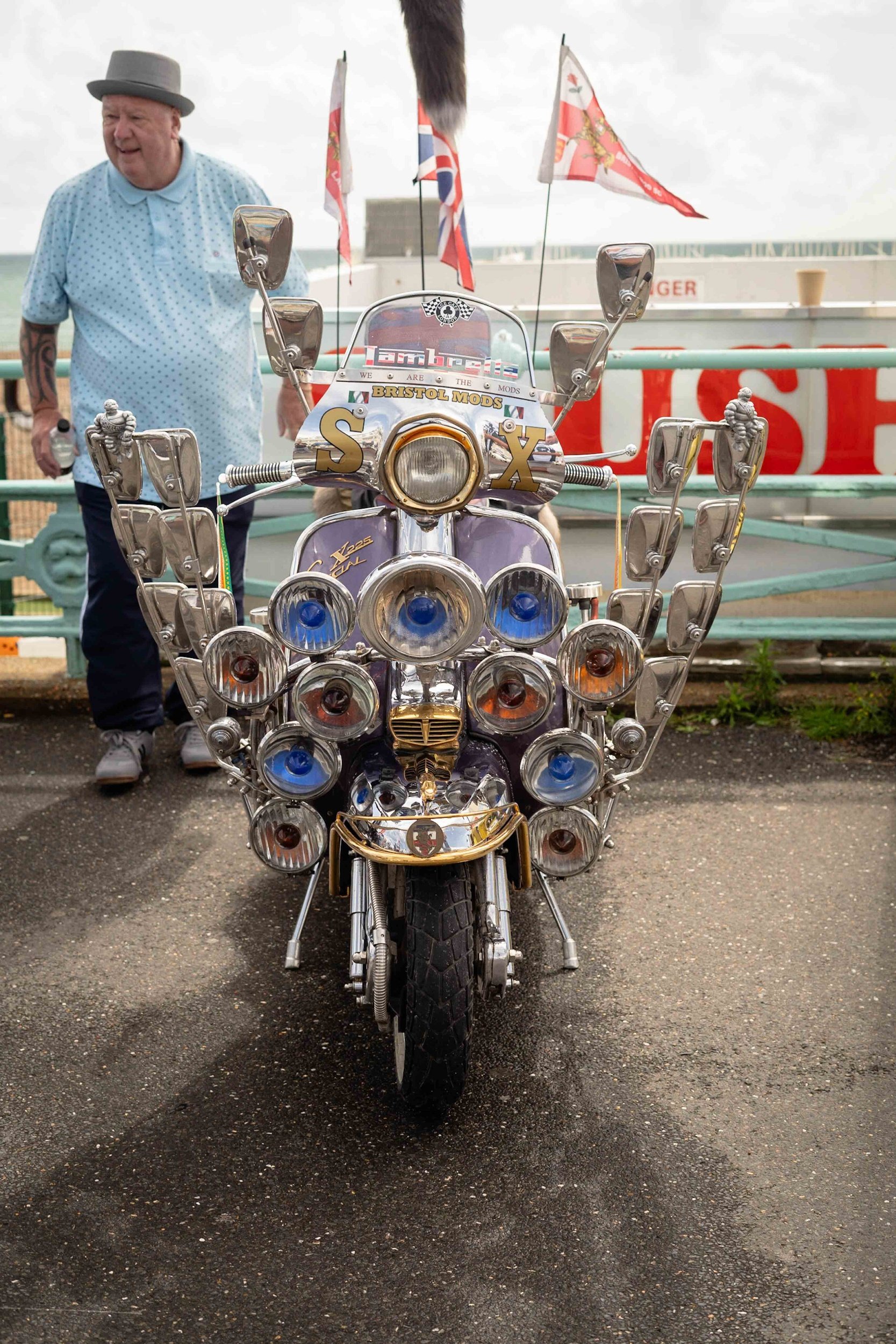
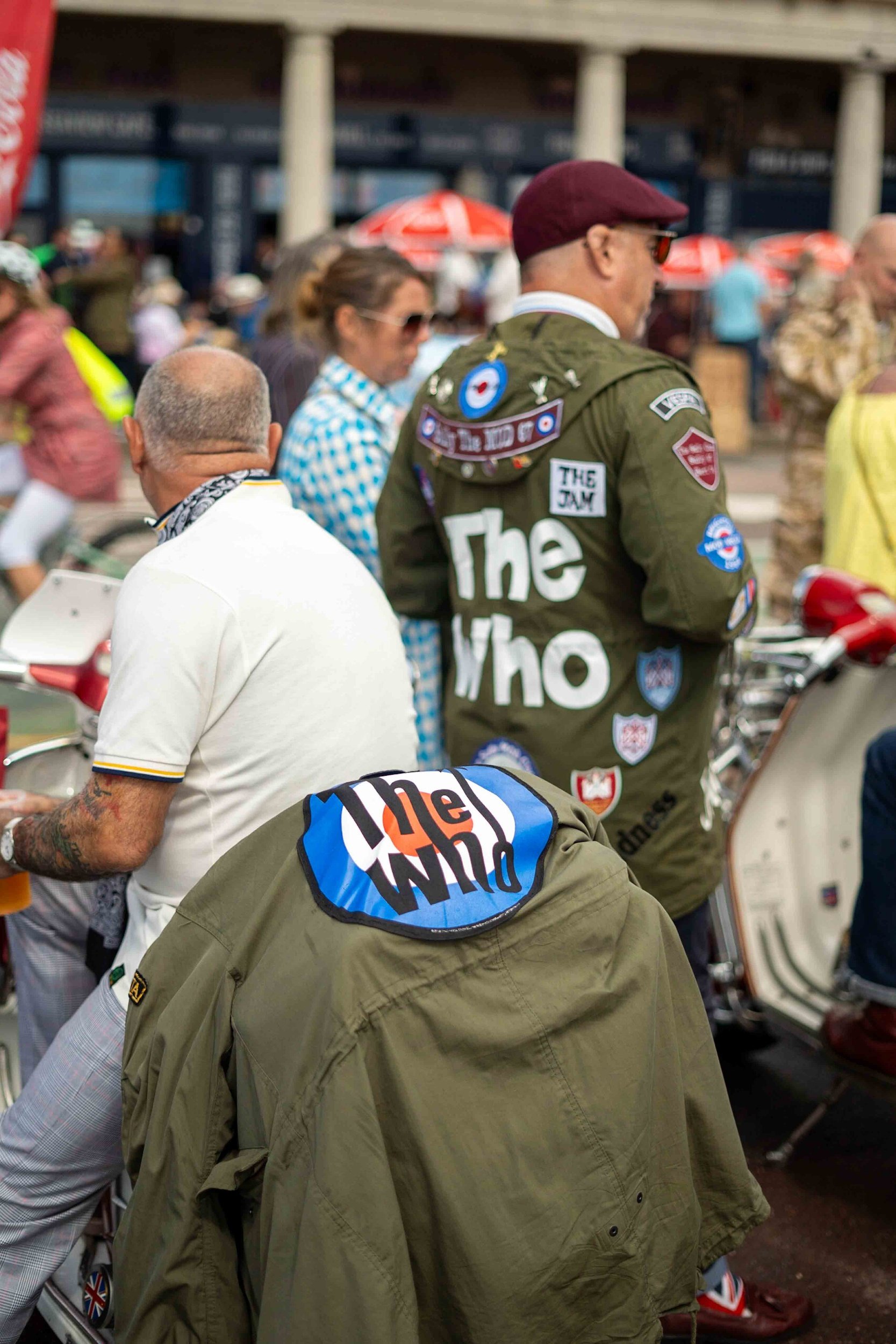
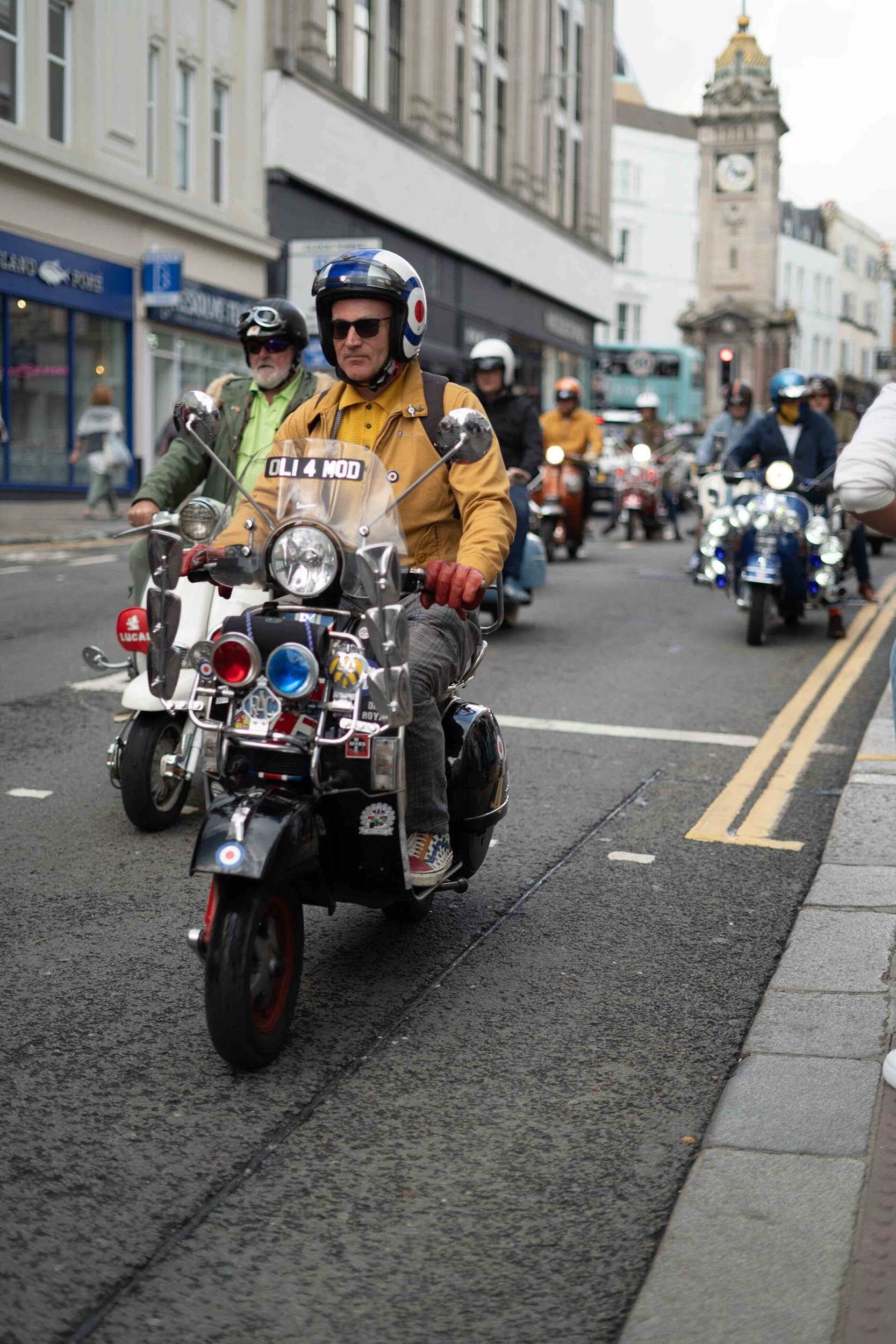
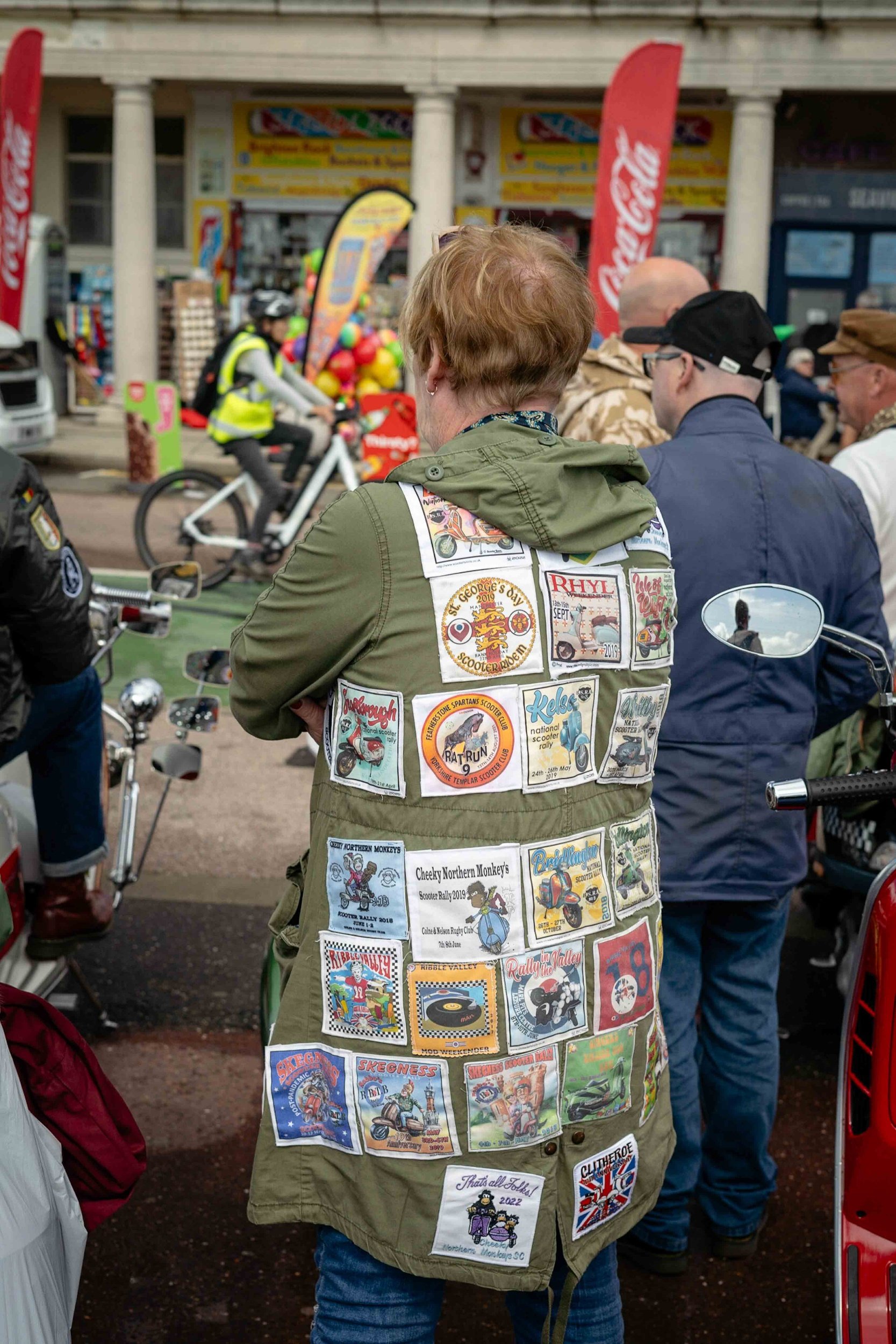
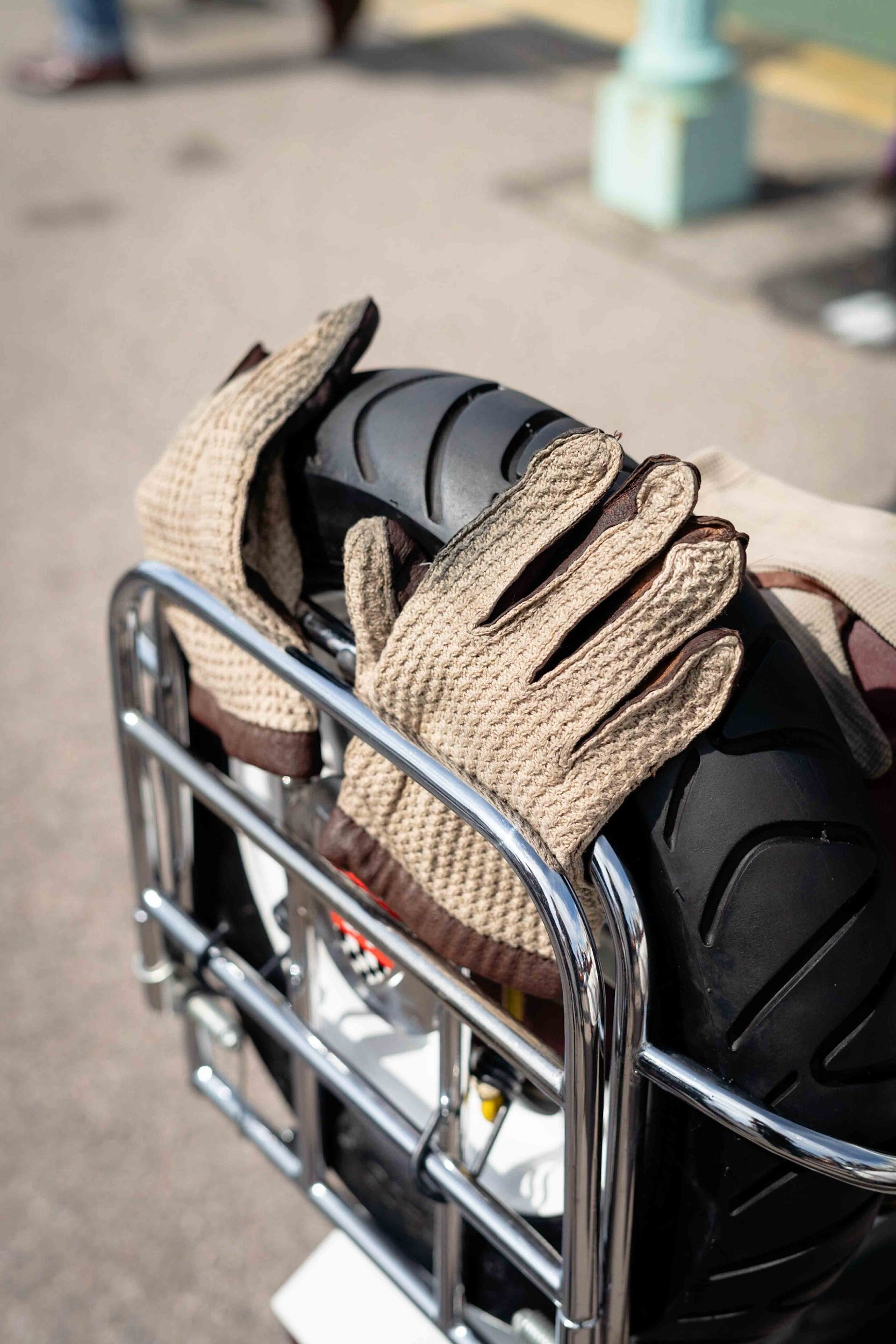
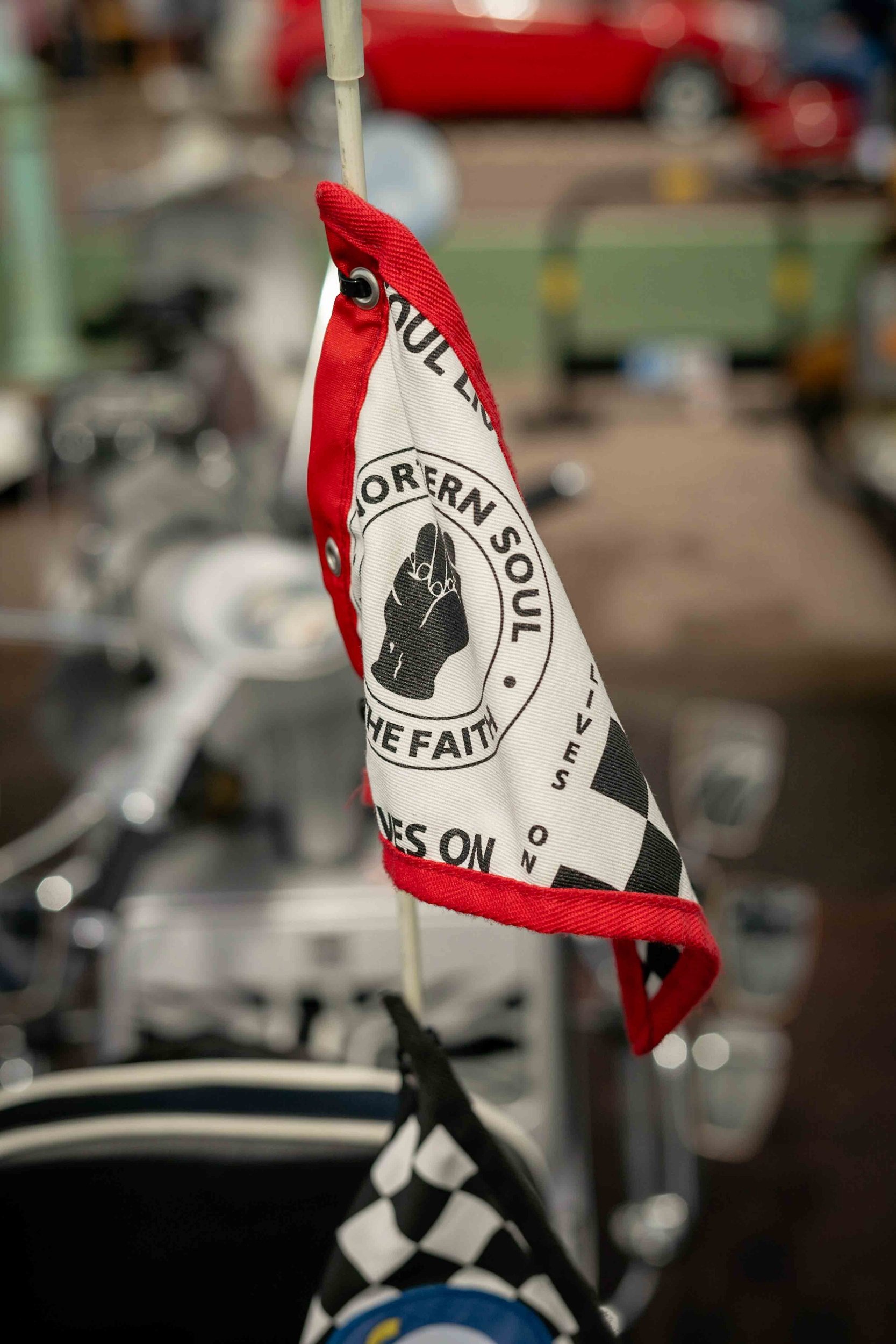
The First Brighton Mod Weekender
The Brighton Mod Weekender has its origins in the mid-1960s when young Mods from London started heading to the coastal town of Brighton for weekend getaways. These trips were fueled by a desire to escape the urban grind and soak up the sun, sea, and good music. The iconic seafront location and the promise of excitement drew Mods to Brighton in droves.
The 1964 Whitsun Bank Holiday weekend marked the first official Brighton Mod Weekender. Thousands of Mods descended upon the town, creating a spectacle with their stylish attire and rows of gleaming scooters. It was during this weekend that the clashes between Mods and their rival subculture, the Rockers, gained national attention and became known as the "Battle of Brighton."
The Cultural Significance
The Brighton Mod Weekender soon became a symbol of youth rebellion, individuality, and a rejection of the status quo. Mods embraced modernity, with their immaculate suits, parkas, and music preferences that celebrated rhythm and blues. The event showcased a sense of community and belonging, where like-minded individuals came together to celebrate their unique identity.
Music played a central role in the Brighton Mod Weekender. DJ sets and live performances featured soul, R&B, ska, and jazz – genres that still define the Mod scene today. Iconic artists like The Who, The Small Faces, and The Kinks were embraced by Mods, their music becoming anthems for the movement.
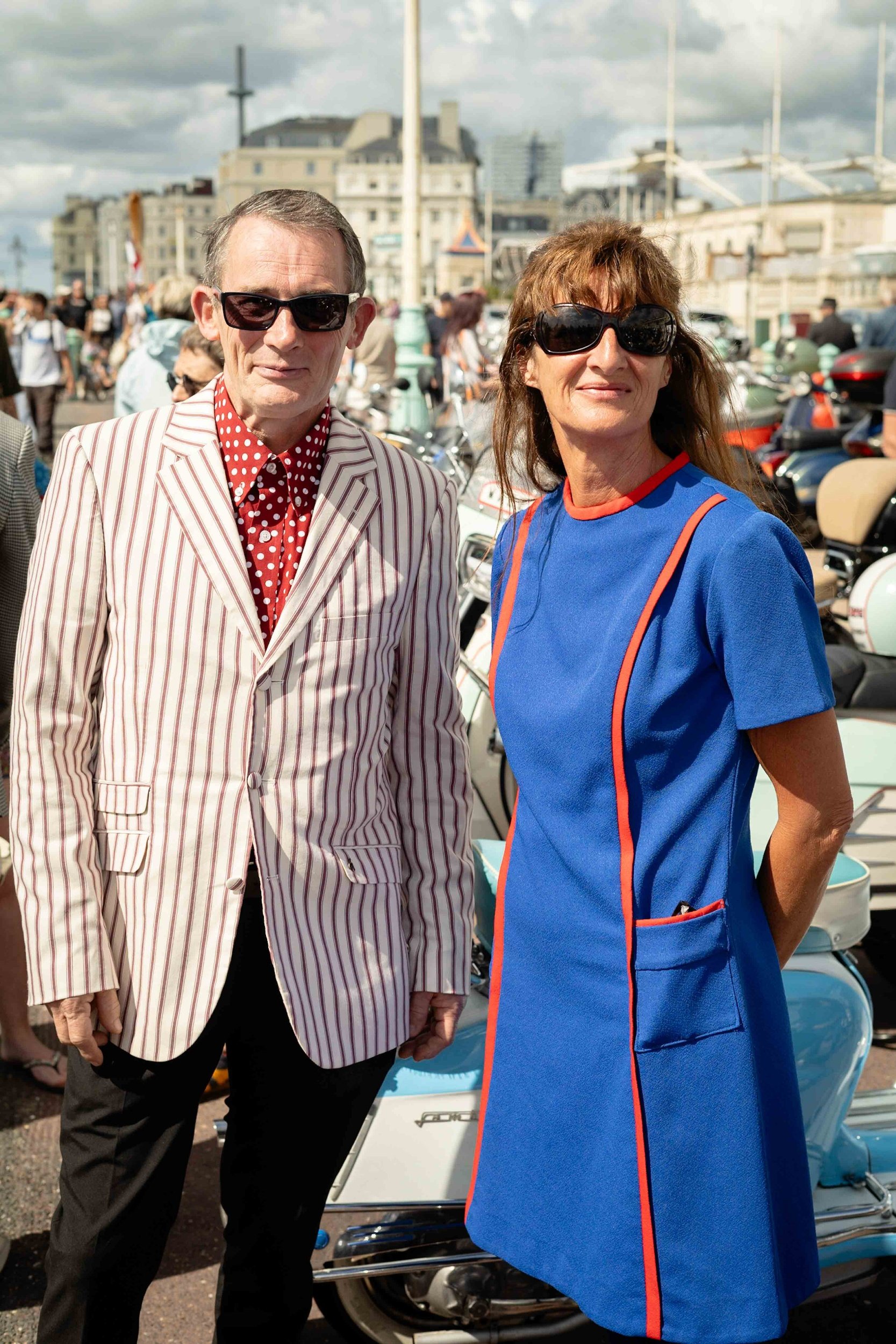
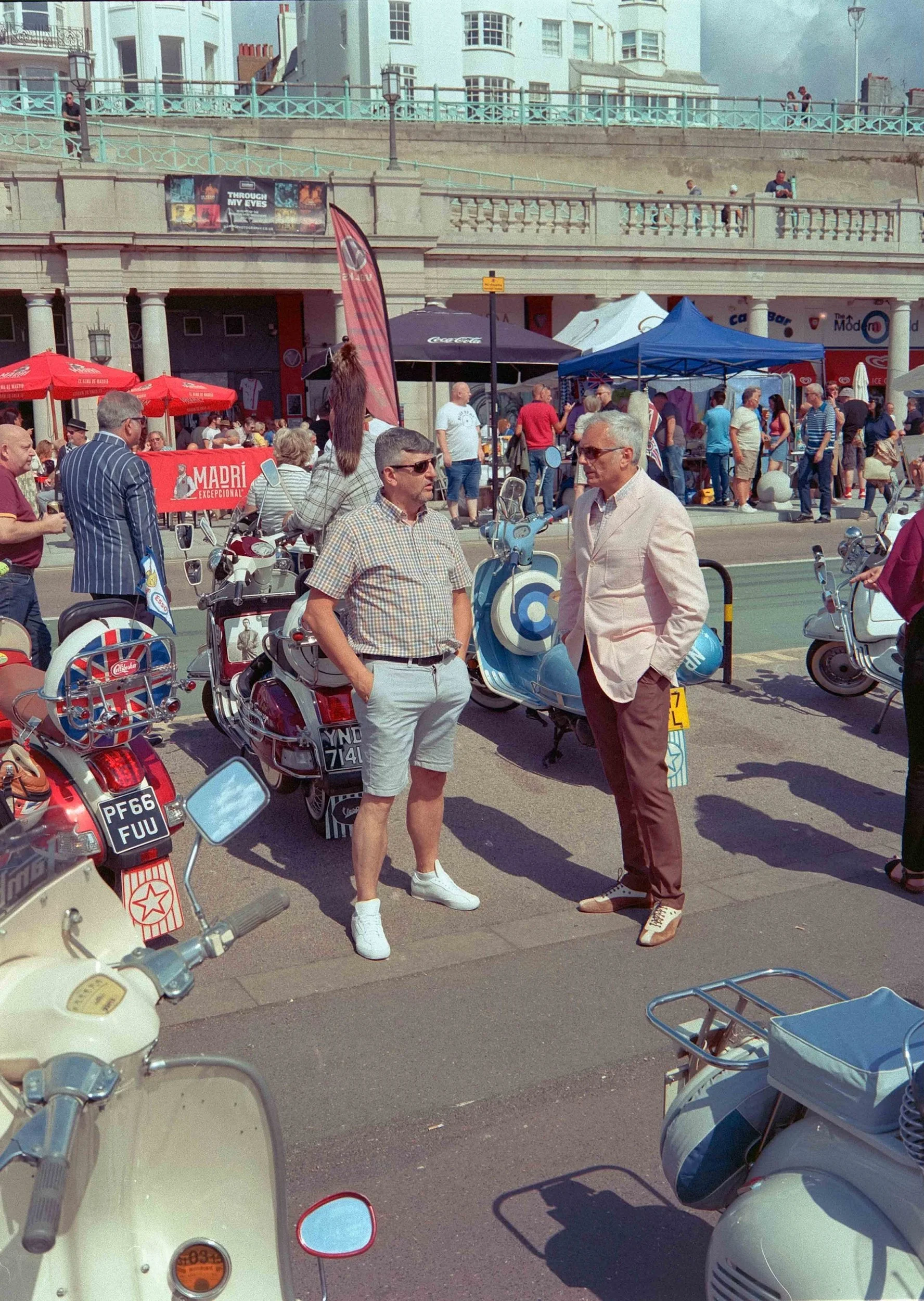
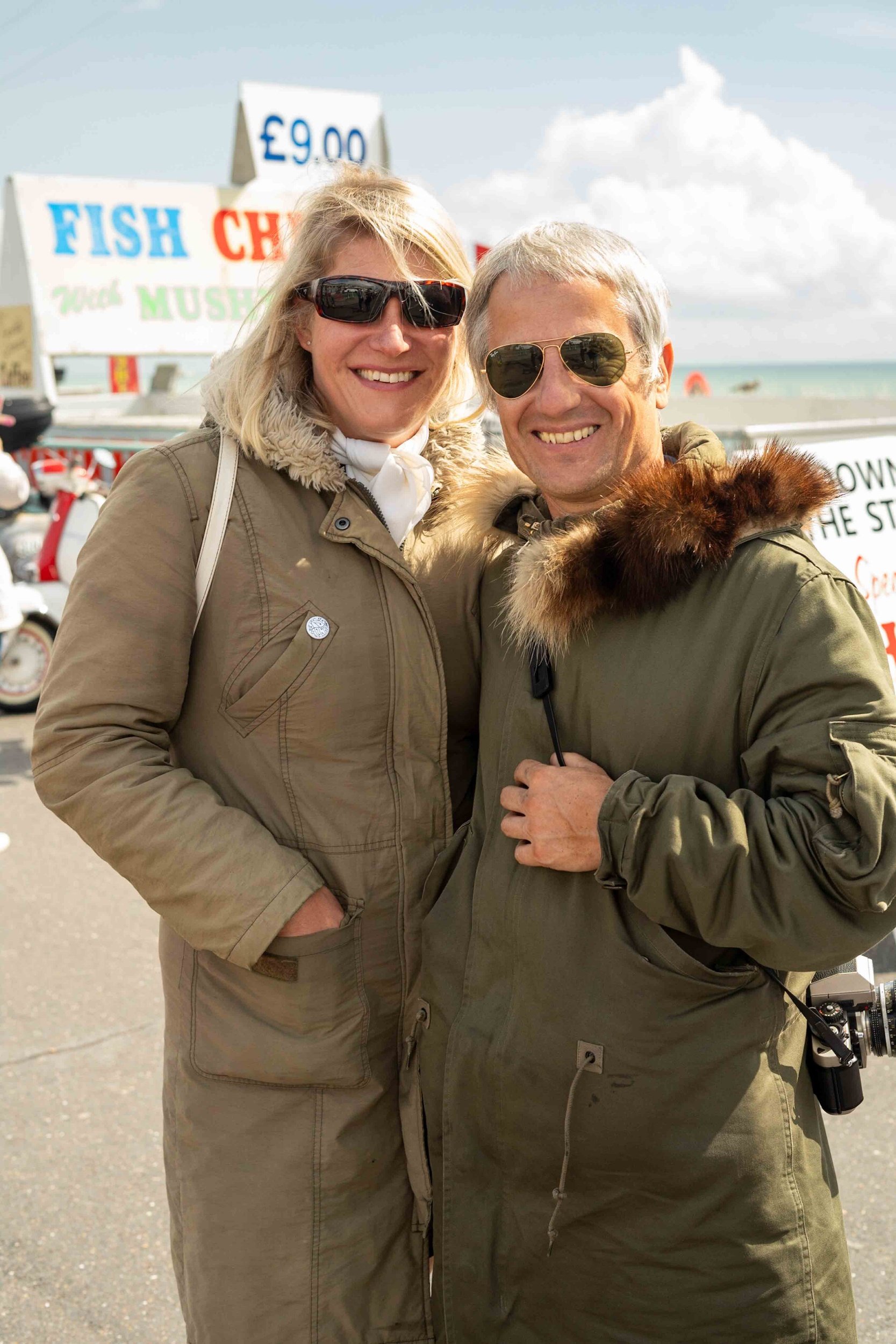
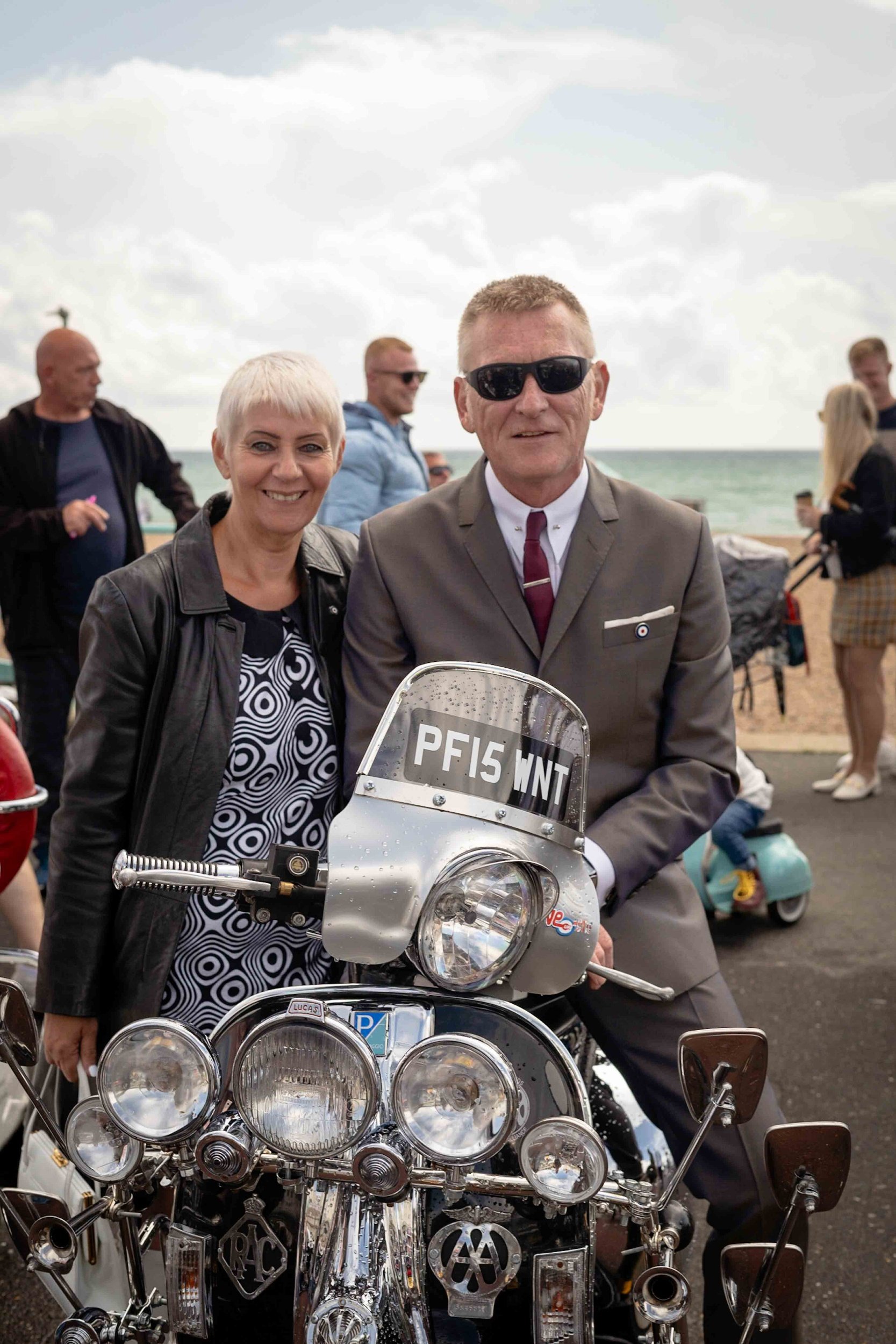
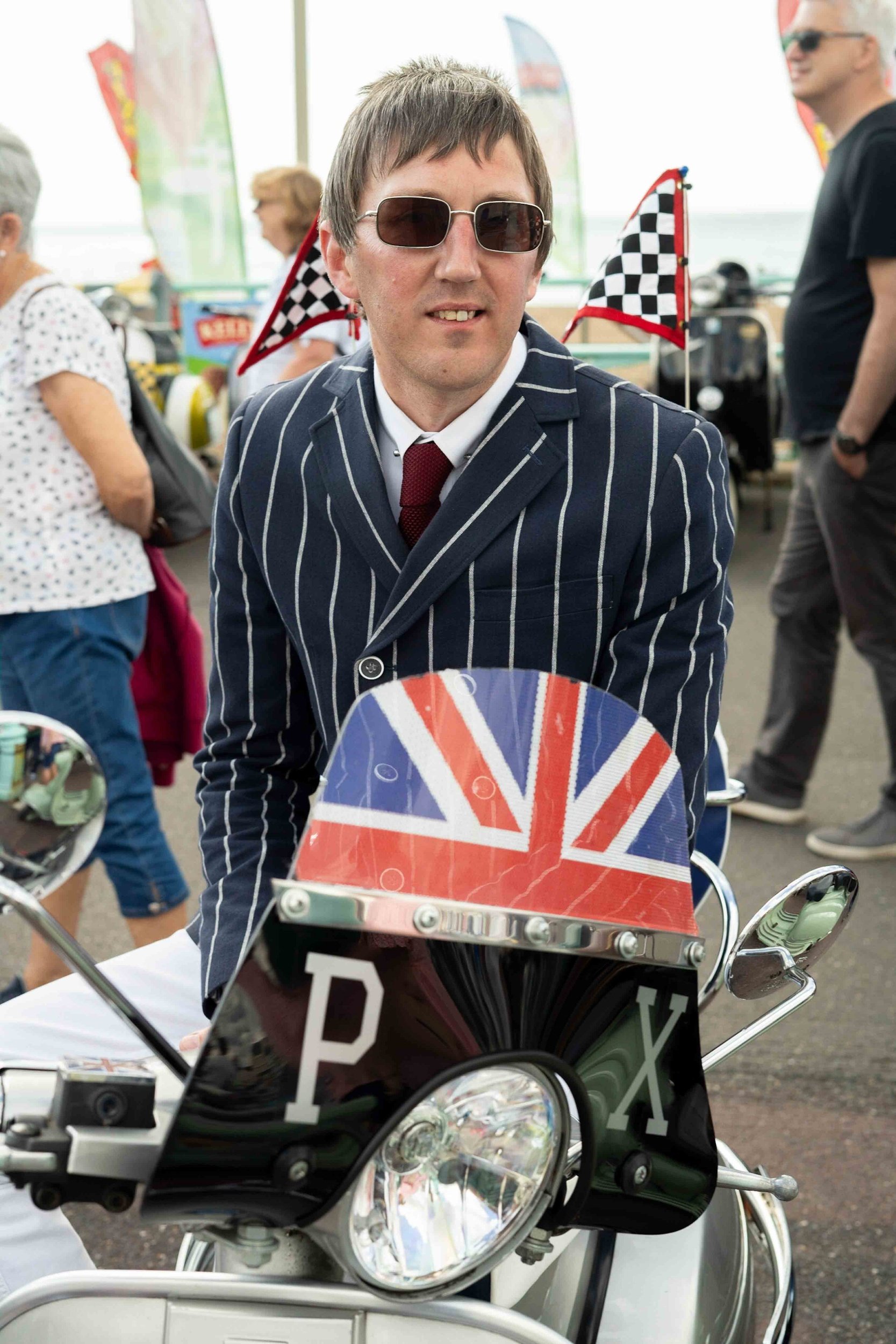
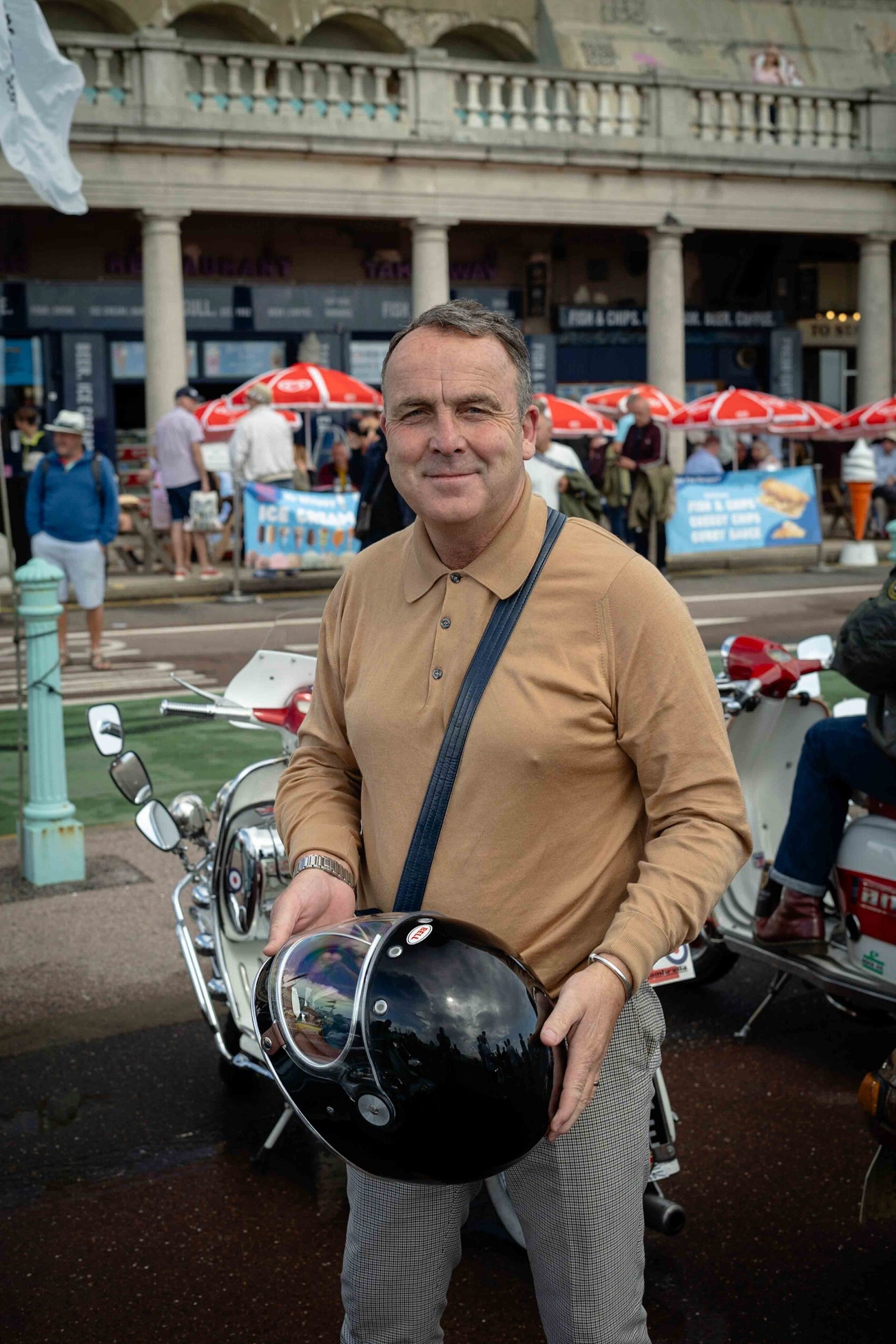
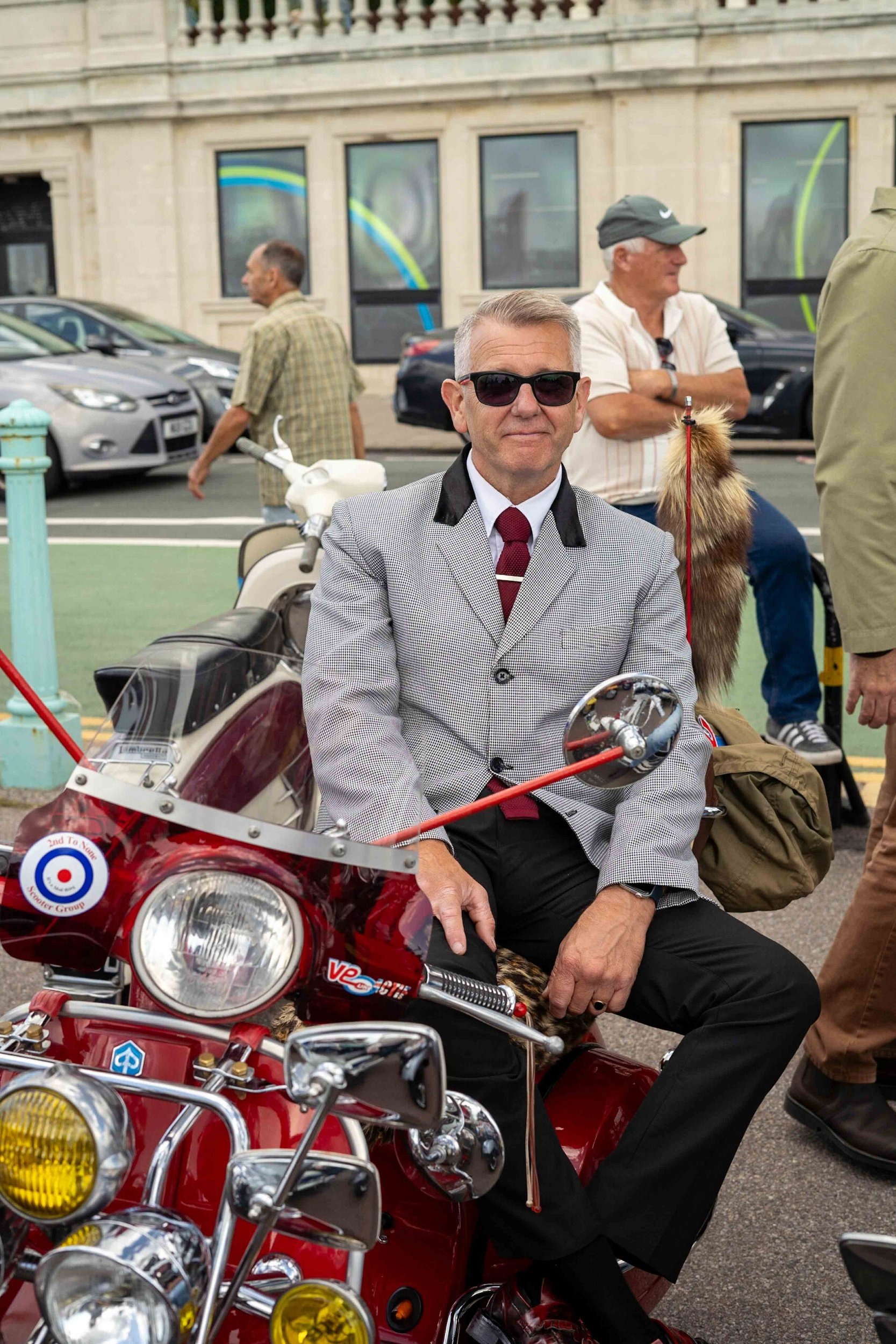

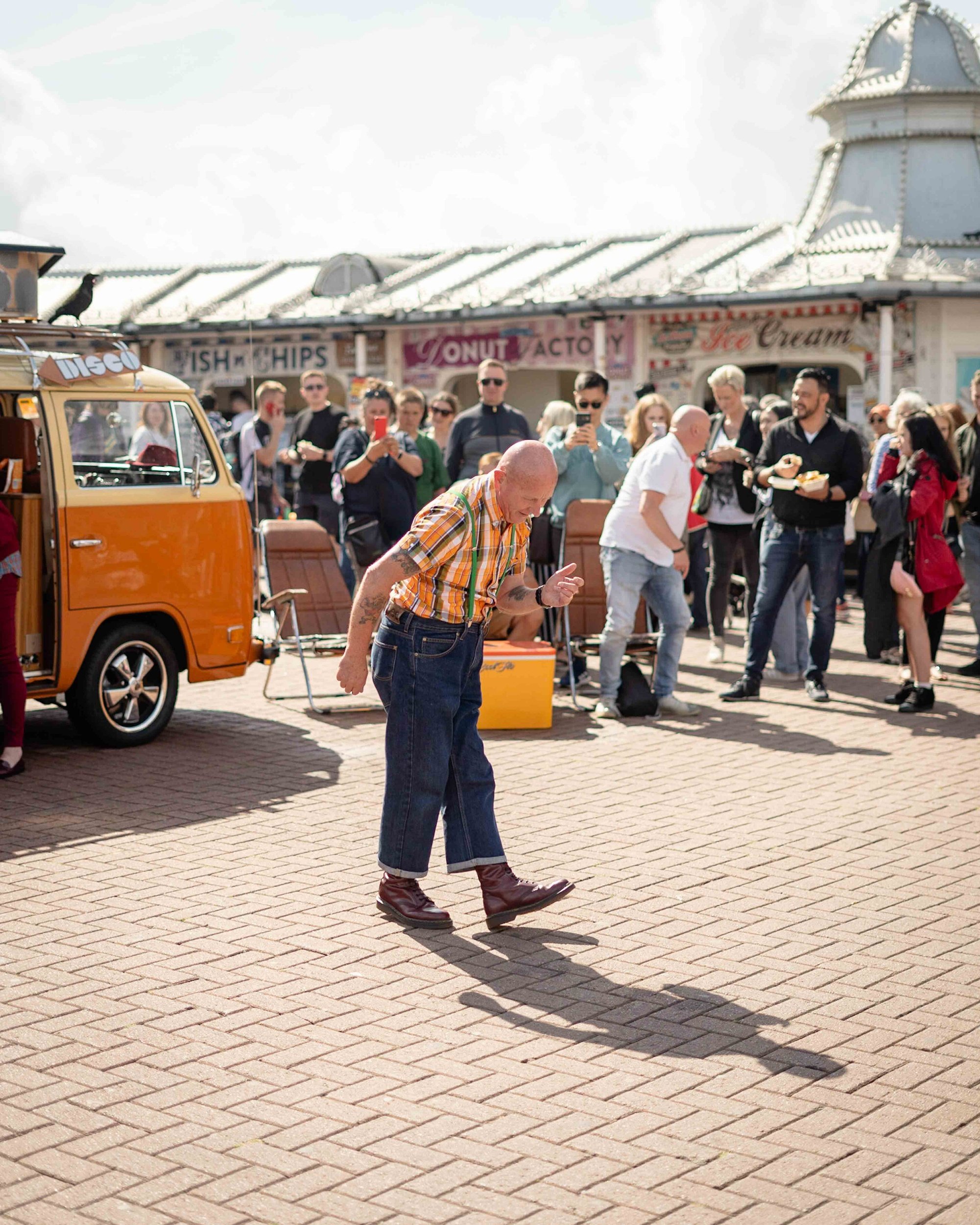
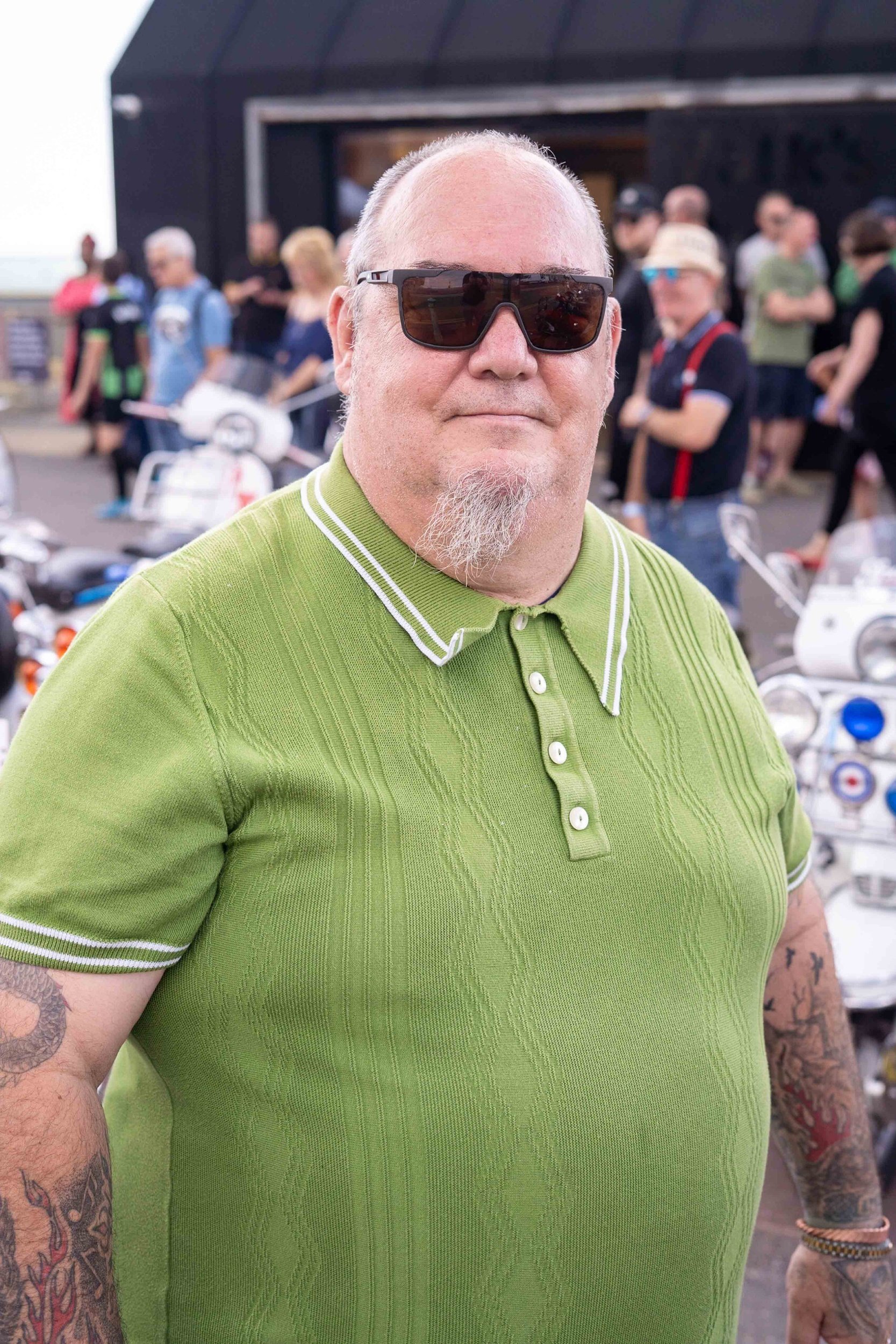
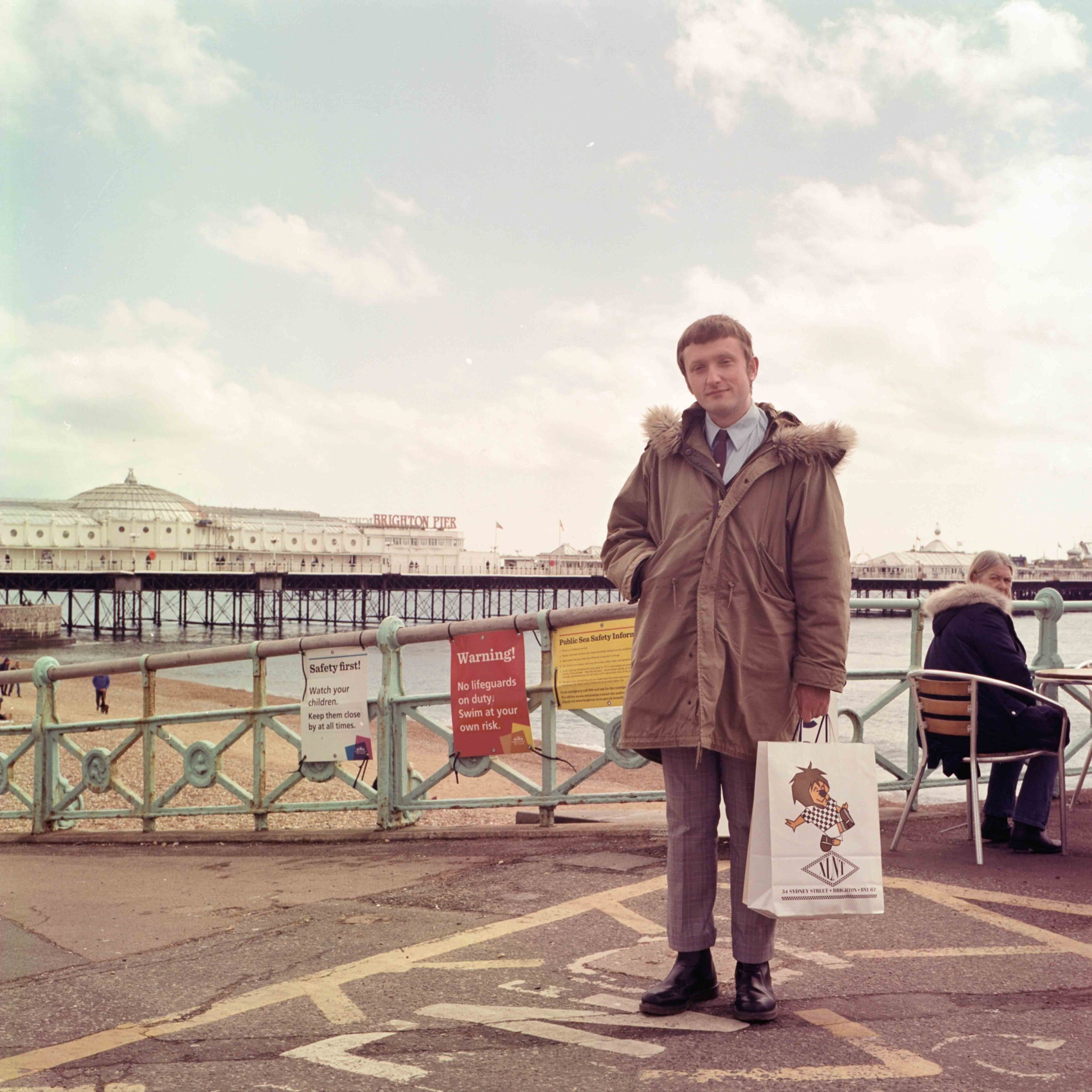
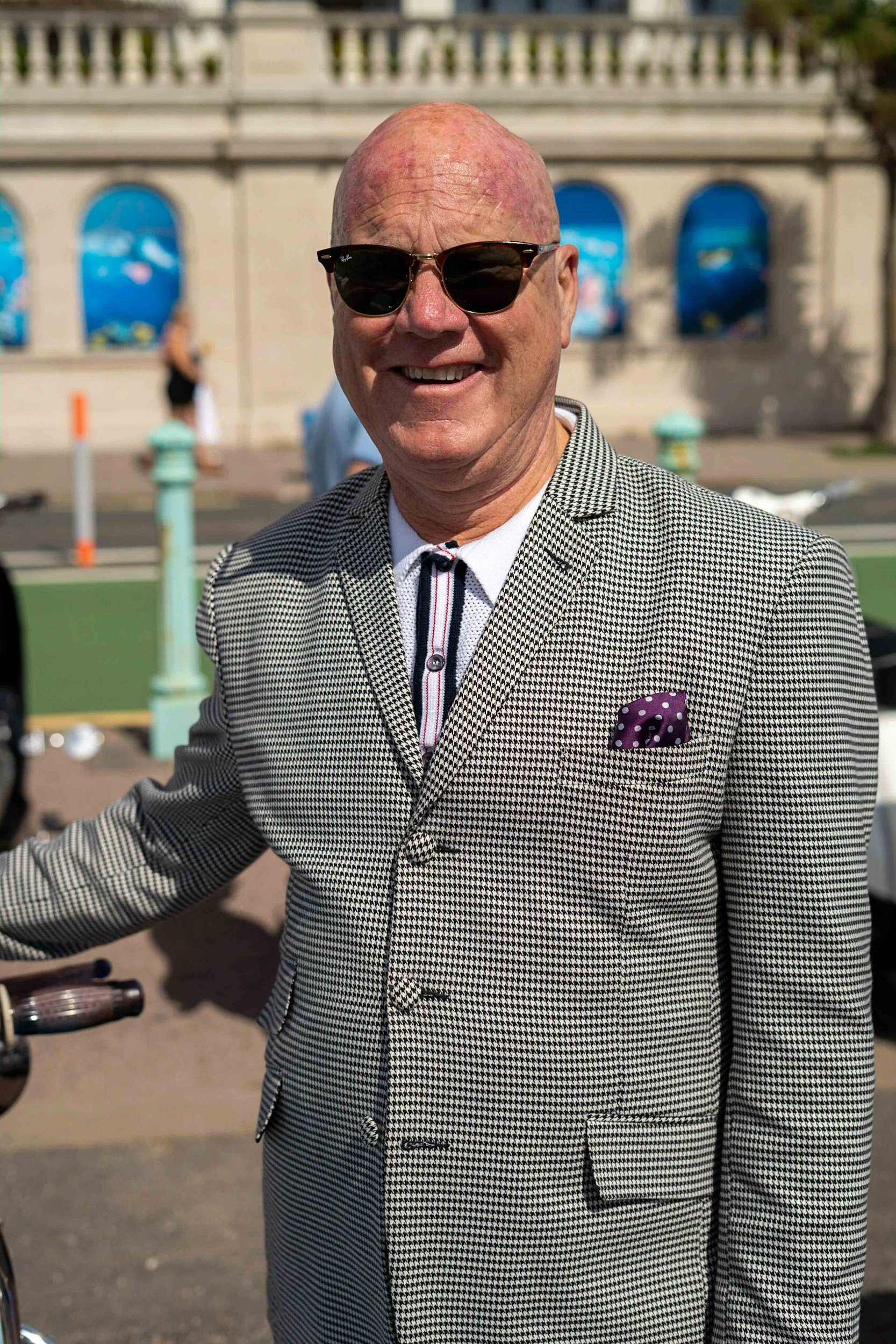
The Revival and Evolution
While the initial Brighton Mod Weekenders of the 1960s waned as the decade came to a close, the spirit of the Mods endured. In the late 1970s and early 1980s, a Mod revival swept through the UK, inspired by the original movement. This resurgence brought a new generation of Mods to Brighton, reigniting the tradition.
Over the years, the Brighton Mod Weekender has evolved. It now welcomes not only those who were part of the original movement but also younger generations who appreciate the timeless style and music. The event has expanded to include vintage markets, scooter rallies, and art exhibitions, all celebrating the Mod ethos.
Until next time, keep snapping.
